Epigenetics is a still quite new discipline of biology and medicine, which deals with the readiness and activity of a gene at a certain point in time. Whereas the actual hereditary characteristics are fixed in the DNA (Prakriti), the activation or deactivation of the individual genetically laid down functions is controlled by a variety of mechanisms (Vikriti). Epigenetic mechanisms thus control gene expression and are continuously modulated by various environmental influences up to specific behavioral patterns. This mainly serves a constant adaptation to changing environmental conditions in order to keep the organism as responsive, stable and healthy as possible. These processes are specific to the moment, plastic and reversible. They are predominantly controlled by four main factors:
Epigenetic information is also hereditary and thus reactions to special living conditions, e.g. hunger, excessive calorie intake or traumatic experiences, can be passed on over generations, whereby the stronger the respective influence was, the more stable the epigenetic genetic information also behaves in the offspring.
From these connections, a health-promoting way of dealing with stress factors, as suggested by Ayurvedic medicine for thousands of years, can be directly derived: Vihara, Ahara and the therapeutic purification procedures (e.g. Pancha Karma), also to prepare both parents for offspring planning, as well as yoga and meditation can play an important role here.
The lecture will briefly introduce the individual mechanisms of epigenetic regulation with their respective mode of operation, show the changes caused by the above-mentioned main factors and also in the course of a life span, and present the specific treatment approaches of Ayurveda with their effects on the epigenome.

Rosenberg Ayurveda and Wellness-Consulting AG
European Academy for Ayurveda Switzerland
Büelstrasse 17
CH-6052 Hergiswil NW
info@ayurveda-symposium.org
Newsletter
* I have the Privacy policy taken note of. I agree that my details and data for answering my enquiry are collected and stored electronically.

2024 © Rosenberg Ayurveda Academy gGmbH